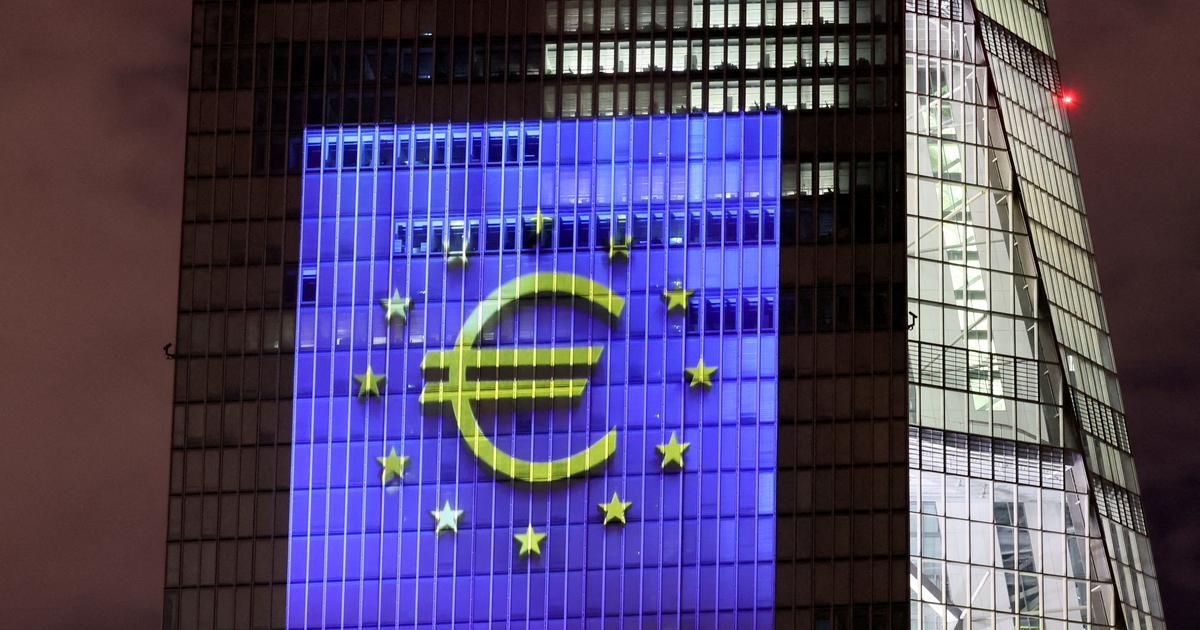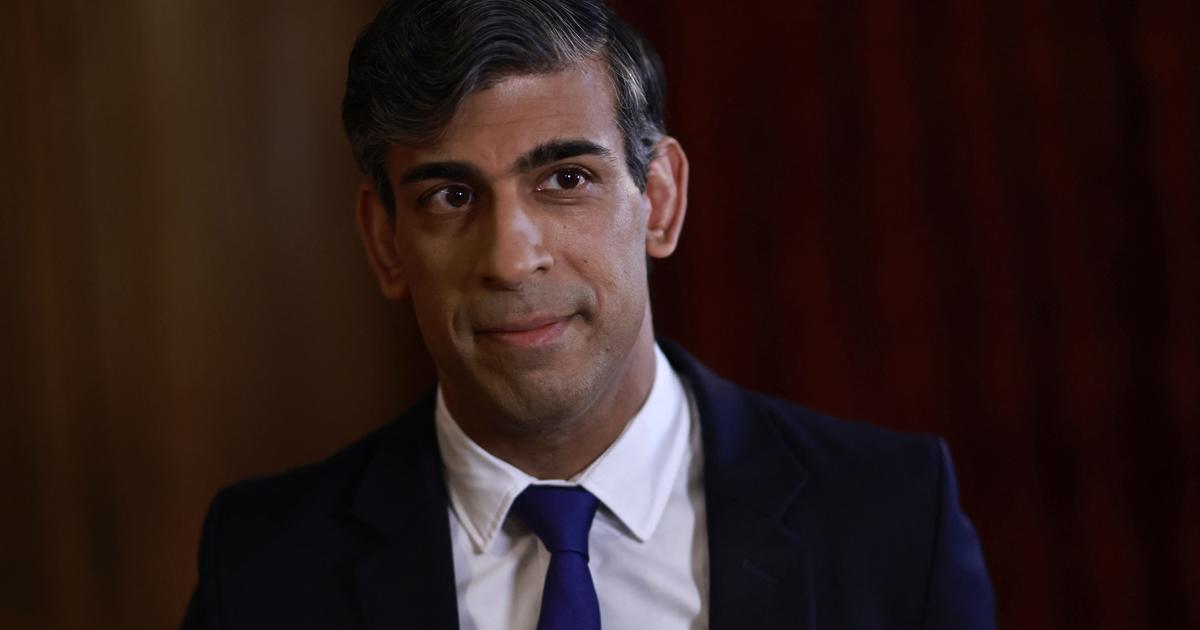André Grjebine is an economist, essayist and former research director at Sciences Po Paris.
After the new Prime Minister, Elisabeth Borne, Bruno Le Maire, reappointed as Minister of Economy and Finance, indicated that the government's priority was to protect the French against inflation, while controlling public spending.
The bet is proving to be all the more difficult as growth is almost nil and France is weakened by deindustrialisation.
Read alsoPrice freeze: a decoy from the Roman Empire
While we are in the presence of imported inflation caused by the rapid increase in the prices of gas, oil and other raw materials, the government can probably only reduce the effects on households and businesses by distributing compensation to them.
Measures that imply an increase in public expenditure.
At the same time, the weakness of growth calls for a revival of the economy, which also involves additional public spending.
However, in a country where the share of industry in GDP has fallen from 24% in 1980 to around 12% in 2021, the increase in demand leads to an increase in imports and makes exports more difficult.
Companies are then tempted to dislodge their production abroad,
where production costs are lower.
In turn, the increase in imports reduces the domestic outlets available to national production and deindustrialization accelerates.
As Carl Grekou and Thomas Grjebine explain,
“The more a country is deindustrialized, the more the stimulus policies will deteriorate its trade balance (via imports), because the productive apparatus is unable to meet this excess demand.”
This deterioration was particularly rapid in the years 1999-2011, but the trade balance has barely recovered since then.
The improvement in the trade balance following an austerity policy risks being purely cyclical, ie it will only last as long as this policy is practiced.
André Grejbine
Will the government have to ignore the demands expressed on all sides and strengthen the aid measures for businesses already implemented in recent years, by reducing social spending and production costs, in particular by lowering taxes without compensation? to which companies are subject?
Assuming that it is possible, this policy can certainly encourage a drop in inflation which, in turn, will improve the competitiveness of companies and therefore their exports.
But it risks provoking social and political unrest that is difficult to control.
Moreover, the conquest of sustainable external outlets does not happen overnight, the improvement in the trade balance following an austerity policy risks being purely cyclical, it
that is to say, it will last only as long as this policy is practiced.
Ultimately, such a policy risks damaging the most fragile industrial sectors.
Apart from a few large multinational groups, companies are hesitant to invest when they expect weak domestic demand.
Many of them prefer to repay their debts, distribute dividends or make acquisitions of other companies when it is not to buy back their own shares to artificially raise their prices.
companies are reluctant to invest when they expect weak domestic demand.
Many of them prefer to repay their debts, distribute dividends or make acquisitions of other companies when it is not to buy back their own shares to artificially raise their prices.
companies are reluctant to invest when they expect weak domestic demand.
Many of them prefer to repay their debts, distribute dividends or make acquisitions of other companies when it is not to buy back their own shares to artificially raise their prices.
We will be told that Germany has been counting mainly and for years on exports to ensure outlets for its companies.
Except that these opportunities are guaranteed by the growth of its partners.
A behavior that game theory defines as being that of the “free rider”, that is to say of someone who takes advantage of a trip without paying the price.
If the main countries of the European Union were to follow its example, it would condemn itself to recession and impoverishment.
As Keynes explained, as early as 1931, a demand policy cannot be applied in the long term without being accompanied by measures aimed at neutralizing its perverse effects, in particular the deterioration of the trade balance.
Does this mean that leaving the euro, more or less avowedly advocated by the Rassemblement national and by rebellious France, would be appropriate?
We can certainly hope that a sharp depreciation of a “resurrected” franc will promote our competitiveness with respect to our partners, particularly Germany.
But the ensuing surge in inflation (the depreciation of the currency making the price of imported products and others more expensive by contagion) will quickly make a vigorous austerity policy inevitable.
This is all the more so since the rise in interest rates granted on the financial markets to the French debt will make its financing very problematic, at least as long as this debt is in foreign currency rather than in national currency.
At last,
Strict application of the “six pack” nevertheless appears to be a condition for the very survival of the euro zone.
André Grejbine
The alternative solution would consist of “rebalancing” budgetary policies within the European Union while developing a genuinely Community economic policy.
On the one hand, each State should contribute to support the growth of the zone according to the leeway that its external accounts provide it.
Keynes recommended that, parallel to the constraints weighing on the countries in deficit, other constraints are exerted on the countries in surplus.
The operating rules of Europe (known as the “six-pack”) already provide that countries must not have an excessive external surplus (greater than 6% of gross domestic product).
This rule has hardly been applied so far.
However, its strict application appears to be a condition for the very survival of the euro zone.
Alongside the rebalancing of national policies, the community strategy already initiated should be significantly strengthened.
With this in mind, the countries of the euro zone would accept a rule of balance for their operating budget, corresponding to the wishes of Germany and the States that follow it, in exchange for the financing by an enlarged European budget investments aimed at strengthening the production apparatus of the Member States and reducing Europe's dependence on the outside world.
This budget would be financed by long-term, low-interest credits issued by the European Central Bank.
It should be either a perpetual debt as it exists in particular in the United Kingdom,
or credits that would only be repayable when the euro zone's growth rate exceeded a certain level and public revenues increased accordingly.
We will be told that such a policy would be inappropriate at a time when inflation is already on the rise.
To this we can answer that within the European Union, the rise in prices is not currently of a monetary nature, but mainly structural, that is to say caused by dependence on raw materials whose prices are increasing rapidly.
Unless we imagine a major global recession, this imported inflation is set to last.
On the other hand, the European Union could increase the financing of operations aiming, on the one hand to reduce this dependence, on the other hand to compensate for the
Read alsoInflation, rate, growth: “Return to earth”
Can we hope that Germany and the European countries that follow it will overcome their reluctance and agree to implement a bolder policy by becoming aware of the seriousness of the economic, social and political situation experienced by some of their partners?
Otherwise, if the situation continues to worsen, it is the very survival of European construction that risks being called into question.






/cloudfront-eu-central-1.images.arcpublishing.com/prisa/ELHCUHQRSFERVA3HKYGKZVLACM.jpg)

/cloudfront-eu-central-1.images.arcpublishing.com/prisa/K63BQCT5FHKKXUWRSFYE4KBNFI.jpg)